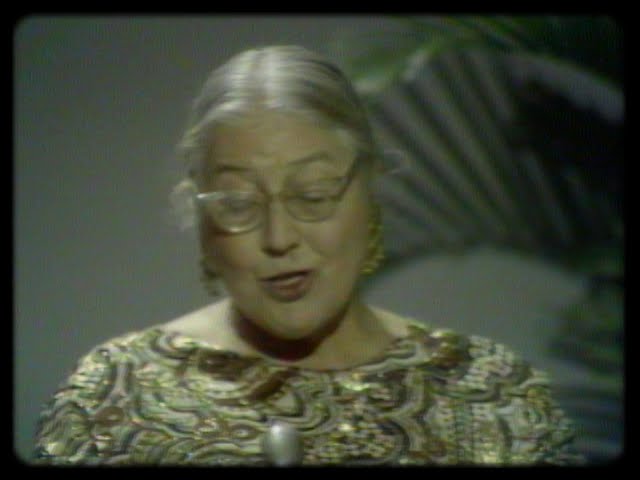By Caroline Robbins

In her 1974 Bicentennial Lecture, the intellectual historian Caroline Robbins dissects the meaning of the Declaration of Independence’s preamble. In its first sentence, Thomas Jefferson famously replaced the Lockean trinity of rights to “life, liberty, and property” with “life, liberty, and the pursuit of happiness.” Robbins’s lecture, which she describes as a “sermon,” is an intellectual history that takes this turn of phrase seriously. She argues that Jefferson viewed life and liberty as essential not only to independence but also to happiness itself.
By invoking happiness, Jefferson grounded the Declaration in the “intellectual crosscurrents” of eighteenth-century thought. Drawing on natural rights philosophy and contemporary debates, Jefferson envisioned the pursuit of happiness not as a private quest for comfort or wealth but as a collective endeavor. In the republic he imagined, true happiness arose from public virtue and shared responsibility for the common good. For Jefferson, Robbins concludes, happiness was “a social activity, an inspiration, and an endeavor for the good of all.” By framing the revolution in these terms, Jefferson cast it as more than a struggle for independence. It became a project to build a society that guaranteed its citizens the very means to pursue happiness—a project that continues today.

